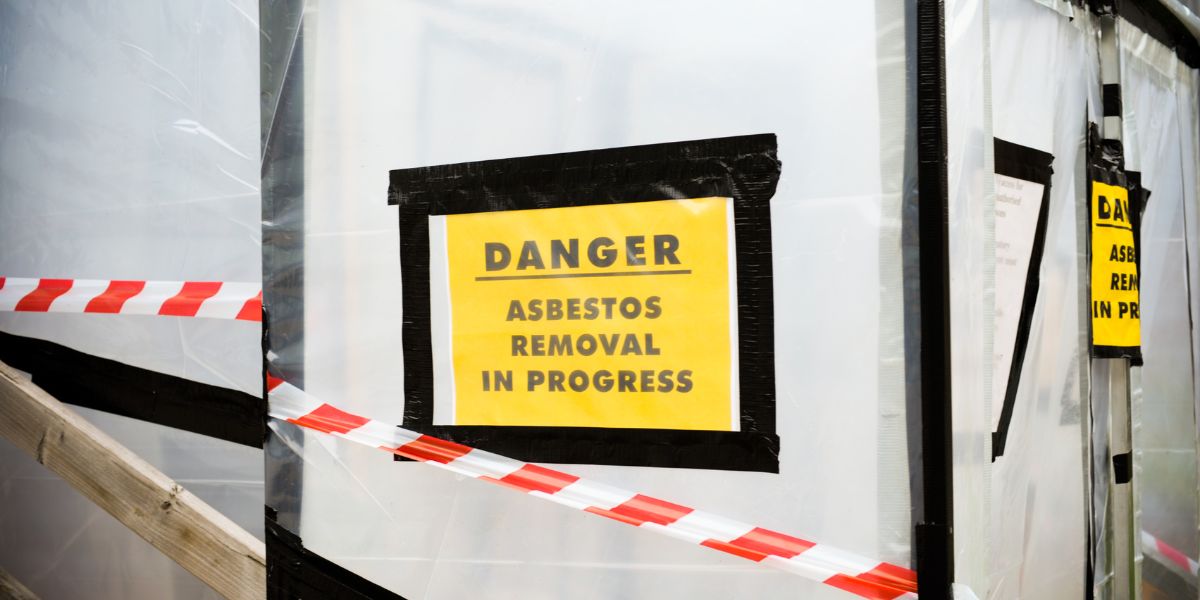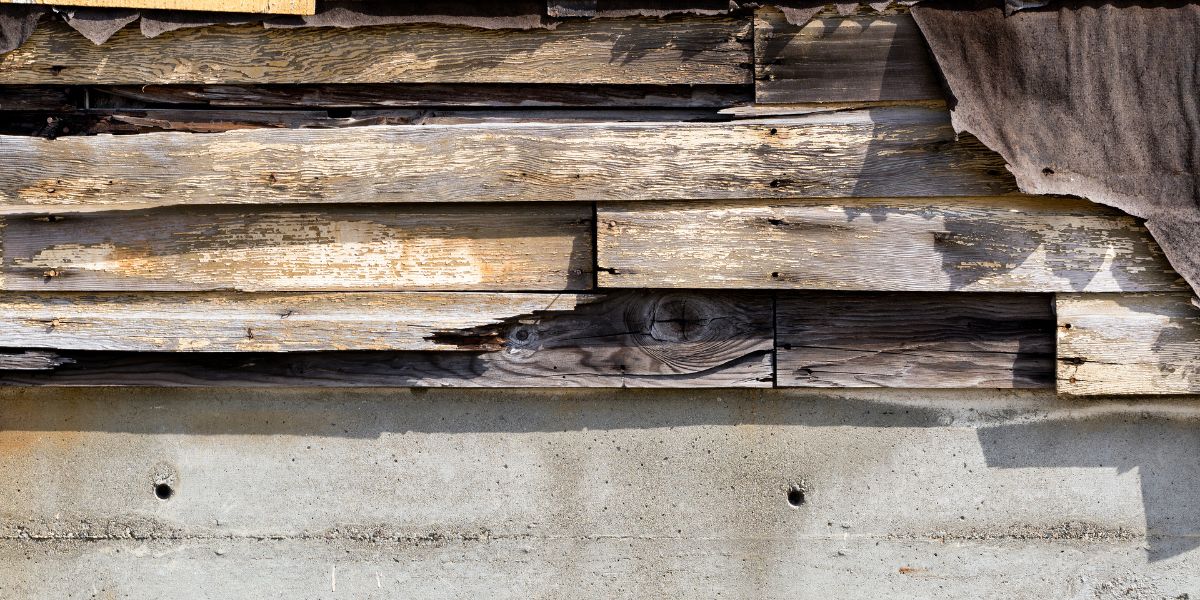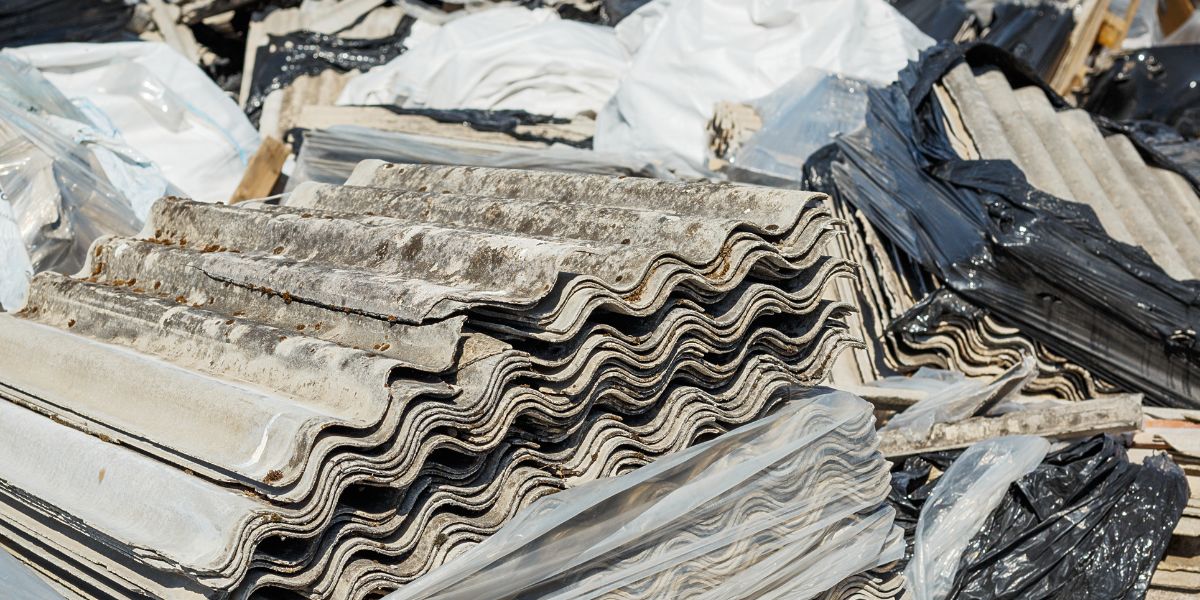When most people think of water damage, they imagine terrible storm damage or a massive pipe burst. However, more often than not, water damage is far less dramatic than that. In fact, washing machines are one of the most common causes of water damage in many homes in the Baltimore area.
While this might not seem like a big deal, even the smallest leak can wreak great havoc if it goes on for long enough. Luckily, there are many ways homeowners can prevent water damage from happening. This article will cover some of the leading causes of washing machine malfunctions and how to prevent the water damage that occurs with them.
How Does Washing Machine Water Damage Happen?
Though most homeowners have many appliances in their homes, it’s important to pay extra attention to the washing machine because it has the potential to cause extensive water damage. Other appliances that don’t use water are less likely to. The following are just a few of the most common causes of washing machine water damage in Baltimore:
- Drainage Problems: It’s not uncommon for a washing machine drainage pipe to become damaged or clogged. They can also get broken or become misaligned. All of which is going to lead to leaks and water pooling on the floor. In some cases, drainage issues can even occur with the sewer line, and this will lead to backups.
- Water Supply Hose Damage: In the place where the water supply hose connects to the washing machine, there can also be leaks or breaks. In some cases, the connector can completely detach, and the water supply line will flood the floor. In fact, experts estimate that 50% of washing machine water damage comes from the water supply hose.
- Leaking Drums: Internal leaks are hard to detect, but they can occur when the washing machine drum becomes damaged with cracks. This can happen over time simply due to the age of the appliance, or it can be the result of overloading or misuse.
Steps to Prevent Water Damage from Washing Machines
Although washing machine water damage is common, there are many steps that homeowners can take to prevent it, and most of the steps are relatively simple. Some of the things that can be done include:
- Professional Installations: There are some home improvement projects that are simple enough to DIY, but appliance installations are best left to the professionals—especially when water is involved. When you leave it to an expert, they can ensure all connectors are safely and securely attached, and they can prevent supply hose damage.
- Water Supply Hose Maintenance: It’s crucial that homeowners don’t neglect routine maintenance when it comes to their washing machines. Water supply hoses should be checked regularly to ensure there is no damage or disconnection, and every few years, they should be completely replaced.
- Proper Use: Overloading the drum of a washing machine can cause damage over time, so the best way to prevent those leaks would be to use the machine properly. Homeowners should not add too many clothes or too much weight to each load.
- Check Sewer Lines: Finally, it’s necessary that sewer lines be checked. This step is particularly important after a big storm, as debris could cause a clog in the sewer line.
What to Do if About Suspected Water Leaking from a Washing Machine
Time is of the essence when dealing with water damage, so homeowners should respond quickly if they believe that there have been any leaks from their washing machines. It’s recommended that the house’s main water line be shut off immediately, and a water damage restoration crew should be contacted.
Get Help with Washing Machine Water Damage in Baltimore
There’s no reason to put off contacting First & Last Restoration if you think there may be washing machine water damage in your Baltimore home. Instead, you should pick up the phone right away and contact our water damage restoration experts. We are available 24/7 for emergency situations, or you can submit our online form to request a quote for less urgent matters.


















